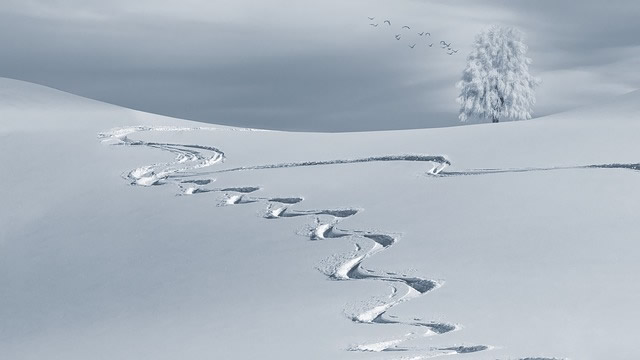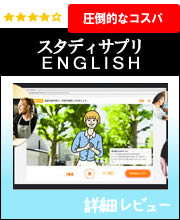先日から「The Floating Mountain: Japan’s most remote ski destination -「日本で最も遠いスキー場」を読んでいます。

・「浮かぶ山:日本で最も遠いスキー場」(1)
・「浮かぶ山:日本で最も遠いスキー場」(2)
・「浮かぶ山:日本で最も遠いスキー場」(3)
Fishing has been the backbone of the island’s economy for more than half a century.
半世紀以上にわたって、漁業が島の経済を支えてきた。
Toshiya’s family moved to Rishiri from mainland Japan in the 1940s when his grandfather sought to make a living in the booming kombu business.
敏哉さんの一家は1940年代、彼の祖父が活況を呈していた昆布の商売で生計を立てようと本土から利尻に移り住んだ。
At the time, Rishiri’s population was at its peak and there were close to 20,000 people living on the island, most of whom made a living fishing the abundant herring.
当時の利尻島は人口がピークに達し、2万人近くが暮らしており、そのほとんどが豊富に獲れるニシン漁を生業としていた。
Today, declining fish stocks, an ageing population and a lack of economic opportunities in the winter season have pushed most young people to search for fortune in large cities like Sapporo (the capital of Hokkaido) or Tokyo,
現在では、漁業資源の減少や人口の高齢化、冬場の収入のあてが少なく、ほとんどの若者は札幌(北海道の首都)や東京などの大都市に移住するため
leaving little more than 5,000 mostly elderly residents behind.
島に残った5千人弱のほとんどは高齢者となっている。
Toshiya too moved to mainland Hokkaido when he was young to train and work as a certified mountain guide, only to return in 2003 to help with his family’s hotel business.
敏哉さんも若い頃は山岳ガイドの資格取得のために北海道の本島に移住し、2003年に戻ってからは家業のホテルを手伝っている。
“Back then, we would be fully booked for three months in summer, and then have nothing to do for the rest of the year,” he recalled.
「当時は、一年のうち夏の3カ月間は予約でいっぱいで、あとの残り期間は何もすることがありませんでした」と彼は振り返る。
私の母方の田舎が東北なんですが兼業農家が多く、冬場は工場などで働くか、大都市に出稼ぎに行くなどしているようです。
仕事がなければ若い人ほど出て行ってしまいますよね。
漁業が主だった利尻島に、新しいうねりを生み出しているのが冬場の観光客開拓ということなんでしょうか。
理由は単純明快!「少ないコストでしっかり楽しく学べるから」。
私自身の経験(高機能でビックリ)をびっしり書いていますので、良かったら読んでみてください。
下のバナーからどうぞ!






